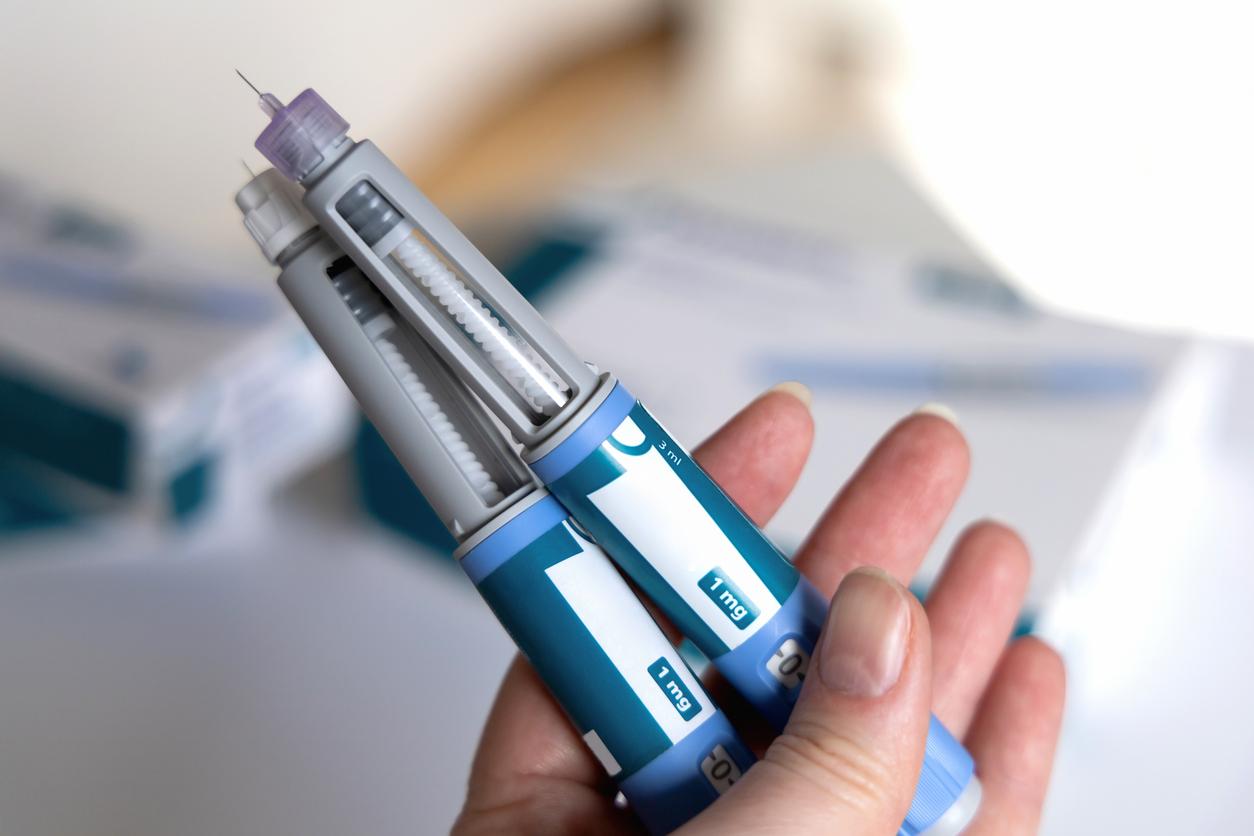The pancreas of a person with Type 2 diabetes no longer produces enoughinsulin. Blood sugar levels are no longer regulated normally, so that daily injections of this hormone are needed to restore glucose levels in the body. If the treatment is effective, it can be restrictive for the patients.
Thus, researchers from the Massachusetts Institute of Technology (MIT) announce in a press release have developed a less demanding device: a small unmanageable capsule, releasing insulin directly into the stomach.
A dose of insulin similar to injections
Indeed, the researchers explain how they succeeded in inserting, in a capsule “the size of a blueberry” and in “the shape of a turtle”, a needle composed of “dehydrated” insulin. In the envelope, this small needle is attached to a compressed spring held in place by a sugar disc. When the capsule is swallowed, the water in the stomach dissolves the sugar disc, releases the spring, and “sticks” the needle into the stomach wall. Insulin is injected. The entire device is biodegradable, and drains harmlessly into the digestive system.
So far, this technology has only been tested on pigs. But tests have shown that it delivers enough insulin to lower blood sugar levels, to levels comparable to those given by injections through the skin. No adverse effects were detected. In addition, the stomach wall does not have pain receptors. Scientists are therefore confident that patients will not be able to feel the pain associated with the sting.
The MIT team now continues to work to optimize the capsule manufacturing process. She believes that this new type of delivery could be useful for any drug that is normally injected, including immunosuppressants used to treat rheumatoid arthritis. “Our motivation is to make it easier for patients to take medication, especially those requiring an injection. We conventionally think of insulin, but there are many others ”, conclude the researchers.
Their results were published in Science February 8.
Read also :
- Type 2 diabetes: a new avenue of treatment?
- Diabetes: only one insulin injection per month
















